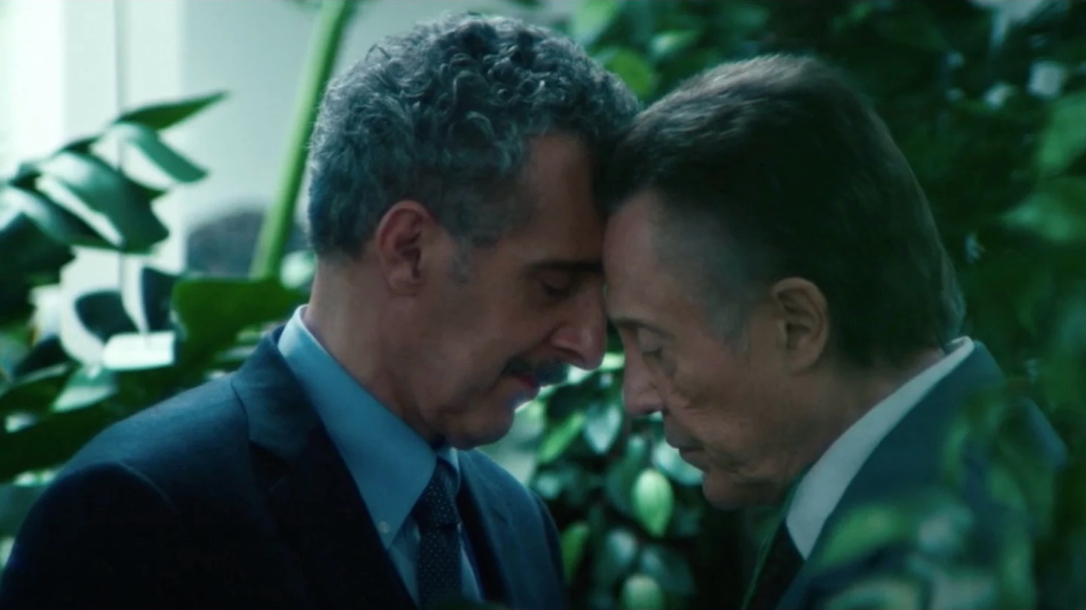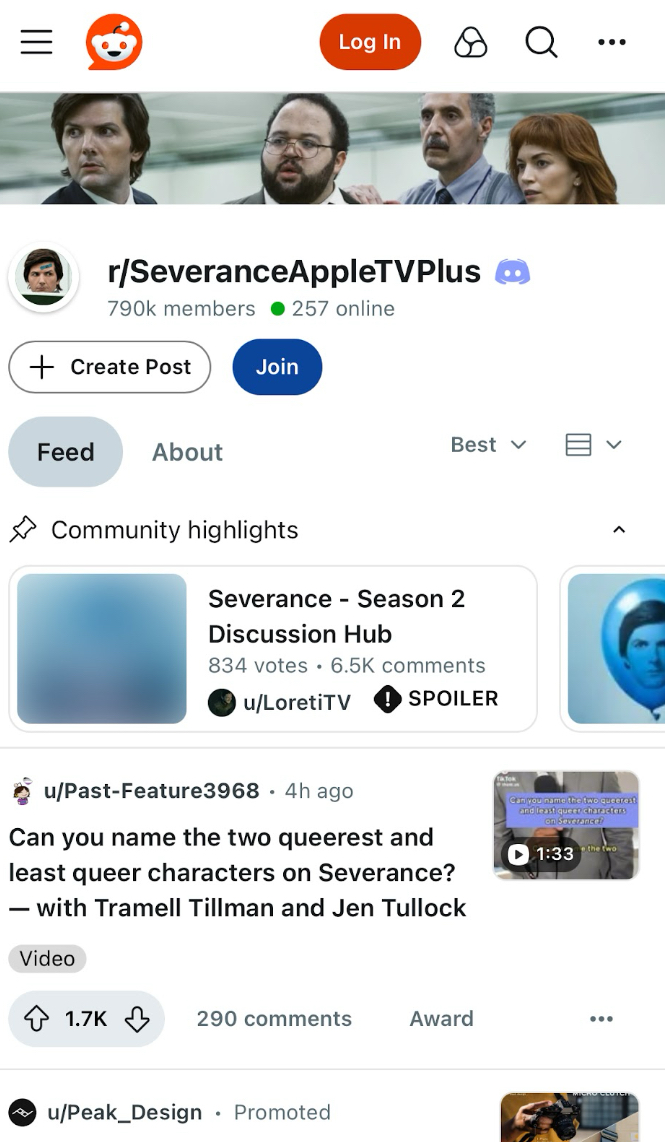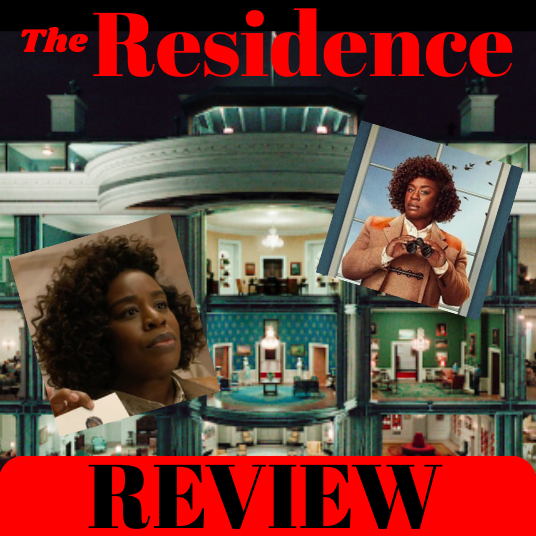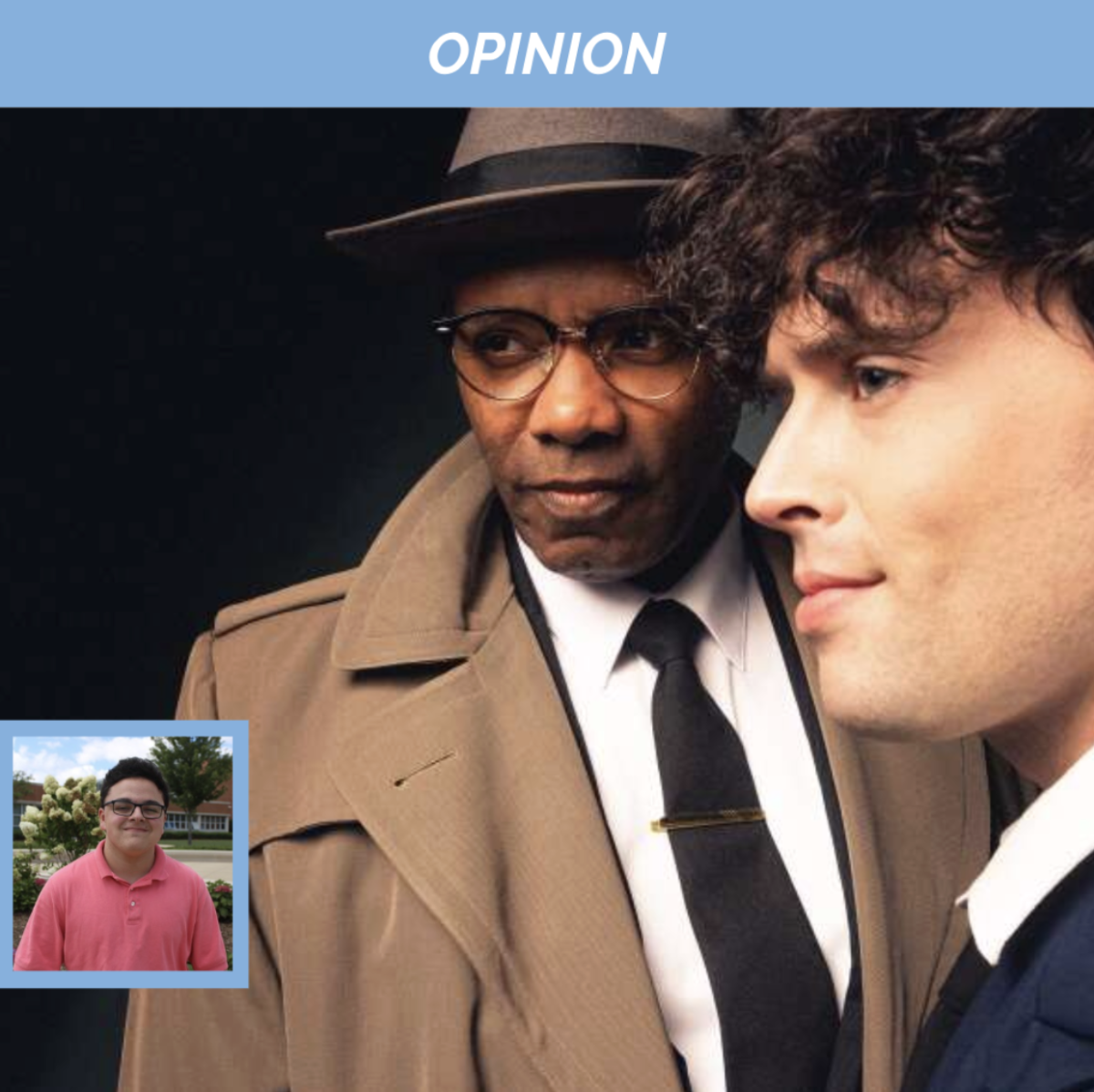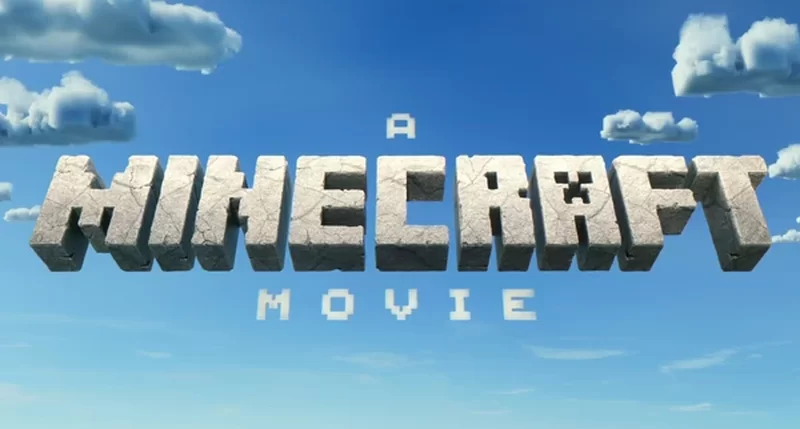One wintry afternoon, my family and I crowded in the living room, struggling with the ultimate battle we poor, persecuted first-world folks fight nearly every single day: what to watch on television.
My sister wanted “Grey’s Anatomy.” My brother wanted “Cobra Kai.” My dad just wanted to get back to playing Donkey Kong Country 3. In the end, it was my beleaguered mother who came up with two choices: mind-bending sci-fi “Dark Matter” and some odd, brightly-lit work horror called “Severance.”
I watched the ”Severance” season one trailer lightly intrigued. Sure, I liked the cassette futurism aesthetics, the wacky, no-context visuals (why would this aggressively normal office building have disco lights?) and the obvious capitalist critique.
(Yeah, yeah – what a surprise. In a shocking twist, the teenage suburban Tumblr-ite likes obvious capitalist critique.)
But what really got me was the premise. The idea of a surgical procedure that would switch on a chip in your brain in the elevator to and from work. So you couldn’t remember your job … and the “job” version of you couldn’t remember home. They would be born on a conference table and die on the last elevator ride down. A fully grown adult, created for the emotional convenience of a stranger behind their eyes and destined to never see the sky.
When my family took a final vote, I was the tiebreaker in “Severance’s” favor. Just curious – that was all. Little did I know that the second my mom clicked play, I would be thrust into a heart-rending masterpiece of a show that would take full custody of my brain for the next several months – like it was E. coli and I was room-temperature Canadian beef.
“Severance” told me two things. One: Apple TV+ does, in fact, have shows beside “Ted Lasso.” And two: Despite all the blandness, the banality and the sheer meh of most modern TV shows, good TV isn’t dead just yet. You just need to know where to find it.
The first way “Severance” defies the TV status quo? Being a cultural powerhouse in the first place. Because, by all conventional accounts, the show should be a small, beloved cult classic — an utter popular failure, not a thriving cultural phenomenon. Not only is it on the relatively smaller streaming platform Apple TV+, it has a complicated premise, a three-year gap between its first and second seasons and is, frankly, just plain weird.
Egg bars and waffle parties? A random episode taking place entirely in the snowy wilderness? Inscrutable repeating imagery of baby goats? And, wildest of all, an astonishing surprise marching band in the season two finale that comes out of absolutely nowhere? Isn’t this supposed to be an office show?
But that’s what makes it great. In our air-brushed, undersaturated, polyester world, it can feel like TV has become too conventional. Like streaming service giants are pandering to profit instead of creating quality pieces of media. Like the torch of creation has been snatched from starving artists and given to money-hungry accountants instead.
Under these conditions, a show like “Severance” should be impossible. But somehow… it’s not.
It’s here.
It’s weird.
And, good Lord … it’s actually good.
Another reason “Severance” should be hailed as a miracle is that, unlike many popular TV shows today, it actually respects its audience’s intelligence. With social media’s ravenously addictive stream of dopamine, the modern attention span has deteriorated to the point where a common note from Netflix company executives is to “have this character announce what they’re doing so that viewers who have this program on in the background can follow along.”
Yep, you heard me right.It is now an accepted norm that people “watch” TV shows while scrolling, gaming or even speeding through YouTube videos. (I know my brother does the last one, at least.)
“Severance” could go with the flow and spoon-feed their audience every plot twist, every mystery reveal, every time a character dares to even twitch an eyebrow. But it doesn’t. Instead, it lets itself bloom as a show that is so detailed, so intriguing and so dang intoxicating that it requires – nay, demands – your full attention.
Want to check your Instagram notifications mid-episode? Great! Have fun missing a moment that will spawn fifty screenshots and five detailed think pieces and foreshadow a jaw-dropping twist in episodes to come!
“Severance is the first show I’ve watched in years that I take the viewing experience seriously, at least for the first watch,” said Reddit user u/PeachesAggravating4680. “No phone, no distractions, no pausing or rewinding, headphones on … I feel like I’m gaining a little bit of my attention span back with this one.”
But if it’s surprising “Severance” expects intellectual effort from its audience, it’s outright shocking that the show actually gets it.
What Apple TV+ says is already its most popular show – yes, ahead of even “Ted Lasso” – it has a devoted multi-platform fan base, most notably the mammoth 790,000-member (and counting!) subreddit, r/SeveranceAppleTVPlus.
The subreddit is known for its convoluted but sometimes terrifyingly right-on-the-money theories, which use tireless sleuthing to predict plot twists a mile away. Other social media platforms, such as Tumblr, have fans reading Tolstoy’s “The Death of Ivan Ilyich” just because one character does too, researching the properties of diethyl ether and drawing comparisons between the show and Greek mythology.
(No spoilers, but dang … let’s just say a reviewer didn’t call “Severance” “a retro-futuristic retelling of Orpheus and Eurydice” for nothing.)
Of course, this isn’t the case with everyone. The majority of the audience (not me, in case you somehow couldn’t already tell) are likely more casual watchers. But it’s an arguable anomaly that such a large percentage are anything but.
The next grievance “Severance” surmounts is a more personal one. Before watching, I felt like modern TV had increasingly little substance. After attempt after attempt searching for any kind of artistic merit and getting hurt by hollow wastes of time instead, I had learned to expect mediocrity. No new ideas, no depth. Absolutely nothing “behind the eyes.”
“Severance” showed me I was wrong — wrong to judge the state of modern TV by my general dissatisfaction with whatever Netflix or Disney disappointment was playing in the background of my younger siblings’ scrolling marathons. Wrong to think that greed had killed art.
Because “Severance” is, above all, a show with plenty to say.
I could go on and on about the topics it explores, like the value of art, the nature of religion, the cutthroat suffocation of work culture, the relentless human drive for love in the darkest of places and the unquenchable indomitability of the human spirit. But in the end, behind all the capitalist critique is a single, electric core theme: the essence of selfhood.
Without your memories, are you still you? Are you the same “you” you were ten years ago? Ten months ago? This morning?
Who are you?
And what is“you,” anyway?
If you’re even a little curious — watch “Severance.” Come for the older gay couple played by Christopher Walken and John Turturro, the attractive actors (including the older gay couple played by Christopher Walken and John Turturro!), the 1960s office visuals and the adorable baby goats. Stay for the anti-work philosophy, existentialist musings, large, smart devoted fandom and Tramell Tillman in all his breakout star glory. Maybe you’ll learn something. I know I did.
And no — I’m not talking about the deep questions and all that junk.
I’m talking about the fact that when my mom recommends a piece of media, by gosh … it’s best to listen.



